Austin College--Fall 2008

History 343
Russia and the Soviet Union
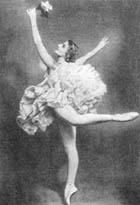
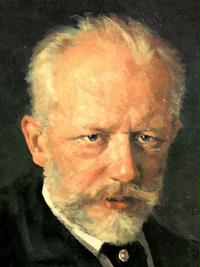
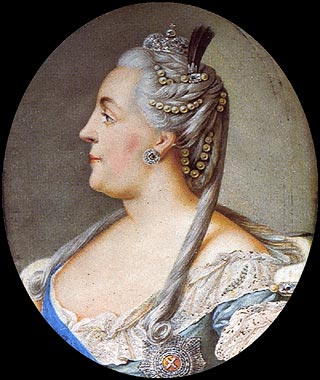

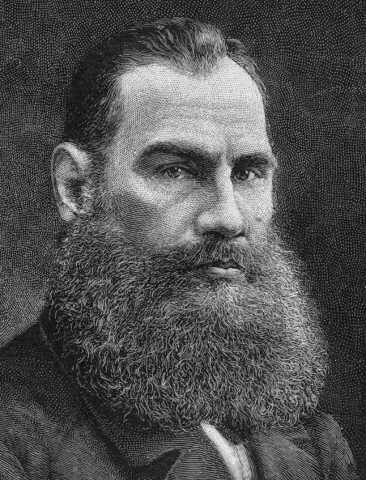
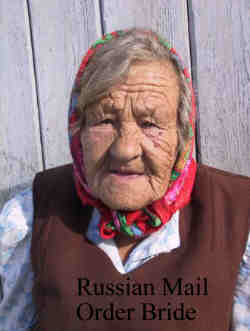
Hunt Tooley
Sherman Hall 109
htooley@austincollege.edu
Office Hours:
Mon, Wed 10:30-11:30
Tues, Thurs 1:45-2:45
Fridays
by appointment or
serendipity







| Midterm Exam |
15 |
| Final Exam |
20 |
| Projects (2 @ 20%) |
40 |
| Class Reading Quizzes |
15 |
| Individual Book |
10 |